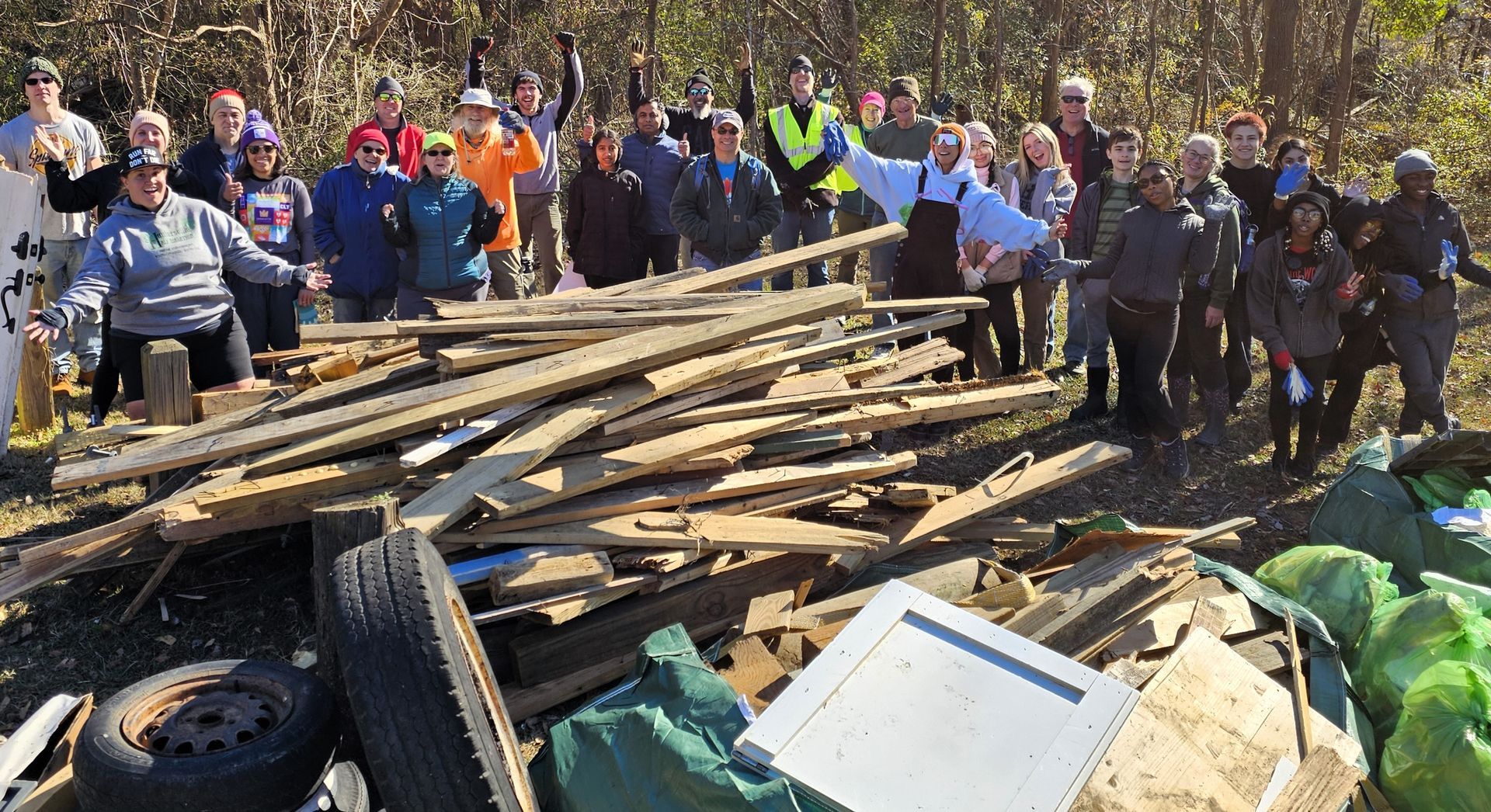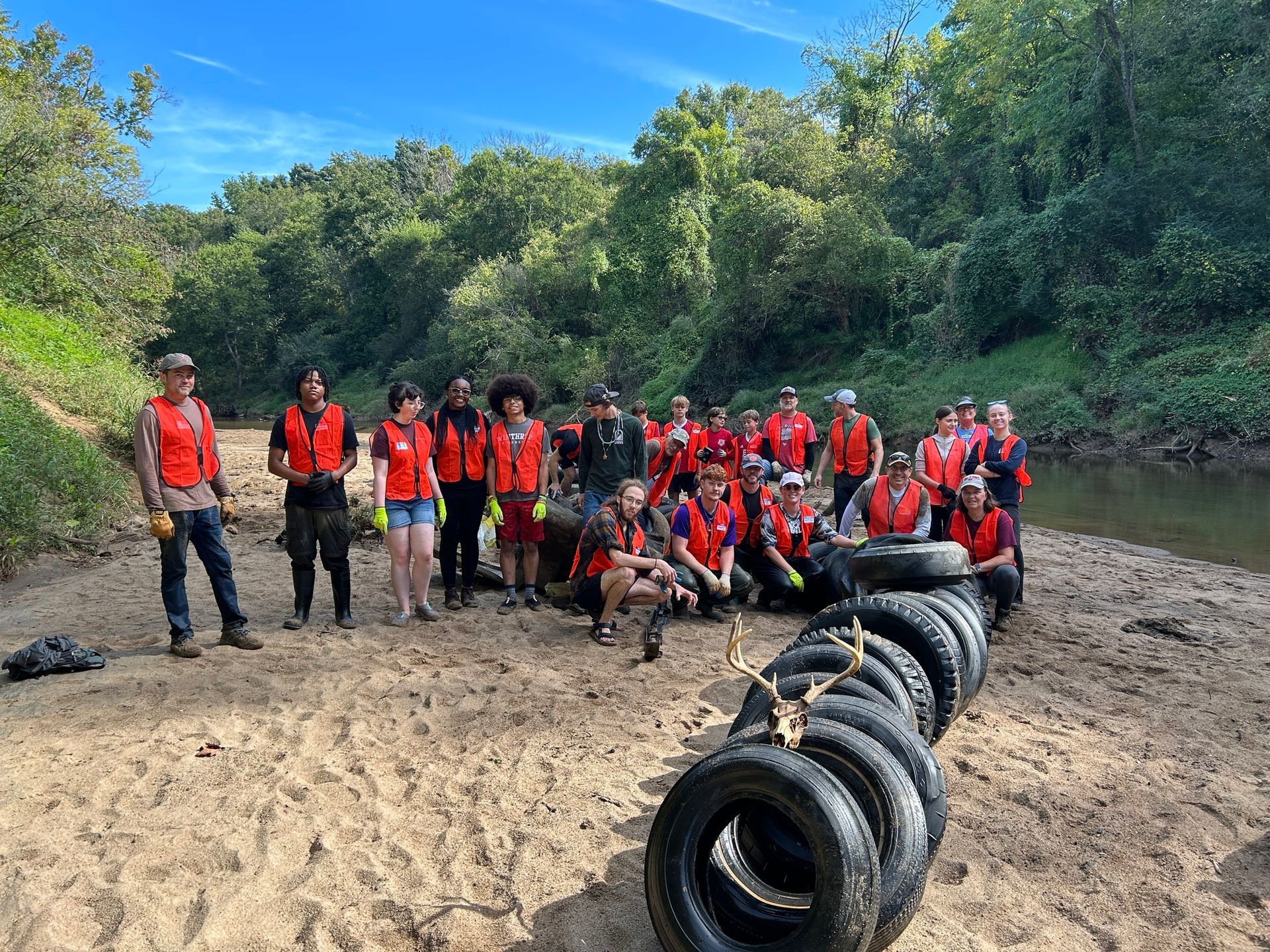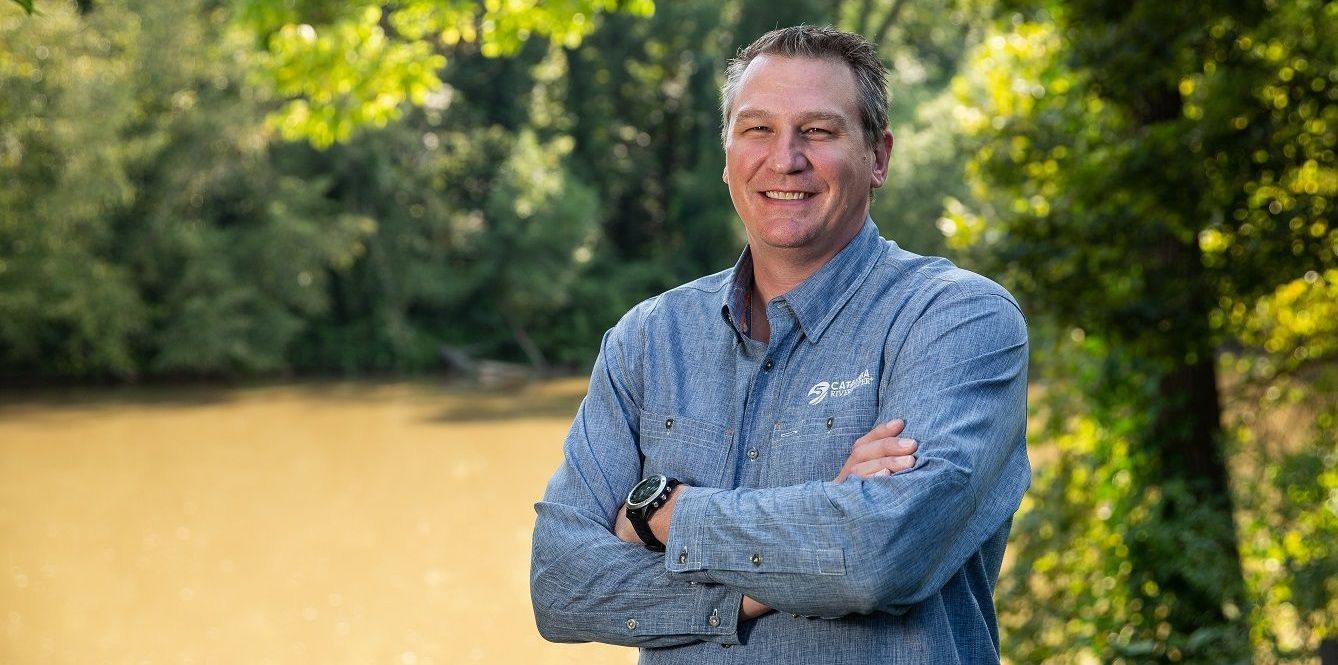Advocating For Our River
“Do what you can, with what you have, where you are” – Theodore Roosevelt
"Hey Ryan, how's it going in Raleigh and Columbia this year?” While I get asked this frequently, nailing down a satisfying answer can be a little bit of head-scratcher. In fact, sometimes I even feel the blank stare on my face get a little duller while I think through where to begin.
As of July 5, the NC House had introduced 895 bills and voted on 486 bills. The NC Senate has had 754 bills introduced with 420 bills voted on. That means NC has had over 1,600 bills filed this year alone. SC saw 103 bills signed into law. In short, there’s a lot going on. I wish I could say that all of these bills were about improving water quality. I’d even be happy if I could say that more bills were good for our waters than not. Unfortunately, that’s not true on the whole.
With everything that has happened, is happening, and will happen in the halls of our governing institutions, I wanted to pause and explain a bit about how we go about deciding on when to engage on different legislative items, and what you can do to help us.
Lets create the game plan
To go with a football metaphor, I think like an offensive coordinator. I like to create a game plan (which ideally culminates with a bill becoming law) and use that as the mechanism to achieve our goal of legislative change.
Advocating for our river has always been and will continue to be a central part of our organization. Doing that is far more complicated than saying it. There’s a host of variables to take into consideration. Is what we want to happen actually possible? Who might be isolated by us acting on this topic? The list goes on.
Our approach involves being as proactive as possible. Once a piece of legislation is introduced and starts making its way through the legislature, it’s very hard to alter its course. A tremendous amount of work goes into drafting and introducing legislation. It takes even more effort to change it. This is particularly true in the NC General Assembly. For instance, this year’s Regulatory Reform Bill (HB 600). When it passed the House, the bill was 20 pages long. When it was introduced in the Senate, it was 34 pages long. HB 600 passed the senate with 36 pages. In short, once the bill was formally introduced in the Senate, not a lot of substantial change occurred so getting items into the bill prior to it being introduced was key for interested parties.
A critical objective for our strategy is to find balance. We have to find the balance between what policies would have the greatest impact with what is most feasible. For the health of the river, it would be ideal to have every dam on the river safely removed and to have 200 ft buffers on all creeks. However, we realize this is not likely to happen any time soon, if ever, so we want to push forward while being realistic.
The realities of being a nonprofit organization are also an aspect of the game plan we have to acknowledge. We do not employ hundreds of people. We do not add to the local economy in the way that large for-profit entities do. We do not give campaign contributions. We also have a wide array of supporters with varying political ideologies. Taking this all into account, we are cautious and selective about what legislation we weigh in on. As time goes by and we continue to gain momentum in this space, we will be able to weigh in on more topics. For now, however, we have to pick and choose our battles carefully. Take the story of our stormwater bill (HB 511). This bill made minor tweaks to state statutes that in the grand scheme of things, would have made minimal changes. While the bill did not ultimately end up passing, it secured bipartisan support from across the state and showed that environmental policy can happen. It also earned us a spot at the table. Read more about HB 511 and Catwba Riverkeeper’s involvement here.
If you’ve ever been by my desk, you’ll see a prominent framed quote by Theodore Roosevelt...
“The credit belongs to the man who is actually in the area, whose face is marred by dust and sweat and blood, who strives valiantly, who errs and comes up short again and again, because there is no effort without error or shortcoming, but who knows the great enthusiasm, the great devotions, who spends himself for a worthy cause; who, at best, knows, in the end, the triumph of high achievement and who, at the worst, if he fails, at least he fails while daring greatly, so that his place shall never be with those cold and timing souls who knew neither victory nor defeat” - Theodore Roosevelt
This quote is on my desk as a reminder of our work. Catawba Riverkeeper must be in the arena. We are fighting for our river. We will always act in the best interest of our river and waters.
What you can do to help execute the game plan:
- Follow the news! This includes signing up for your elected officials’ newsletters if they have them.
- Be a voice for our waters! Write to your elected officials about what you are seeing on your waters.
- If you hear about legislation and have questions, reach out to Ryan.
- Talk about legislation with your friends. You can talk about policy without being political.








